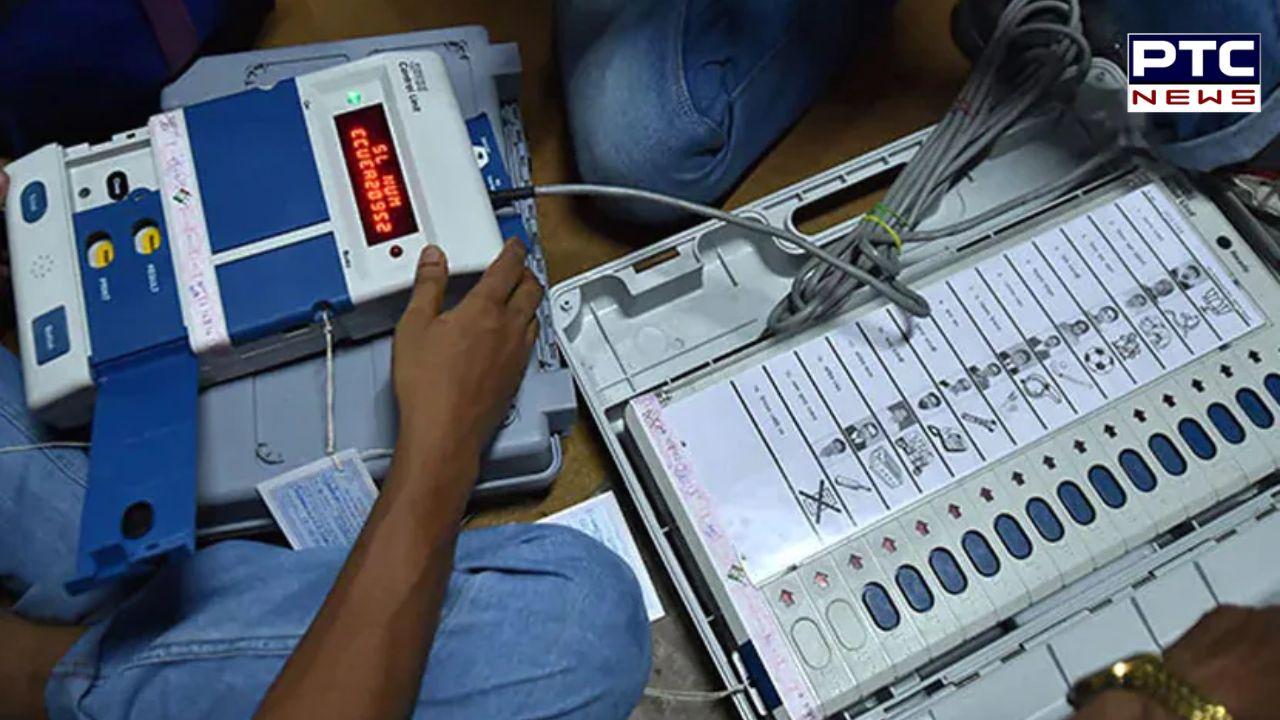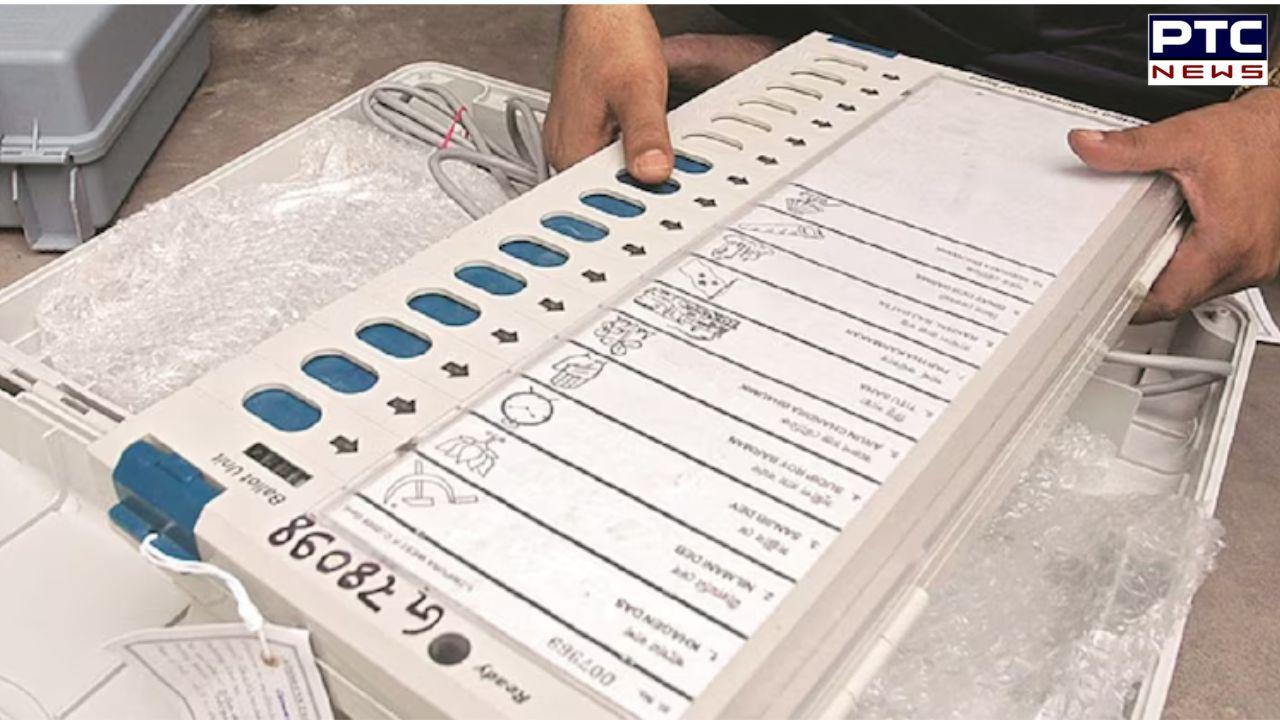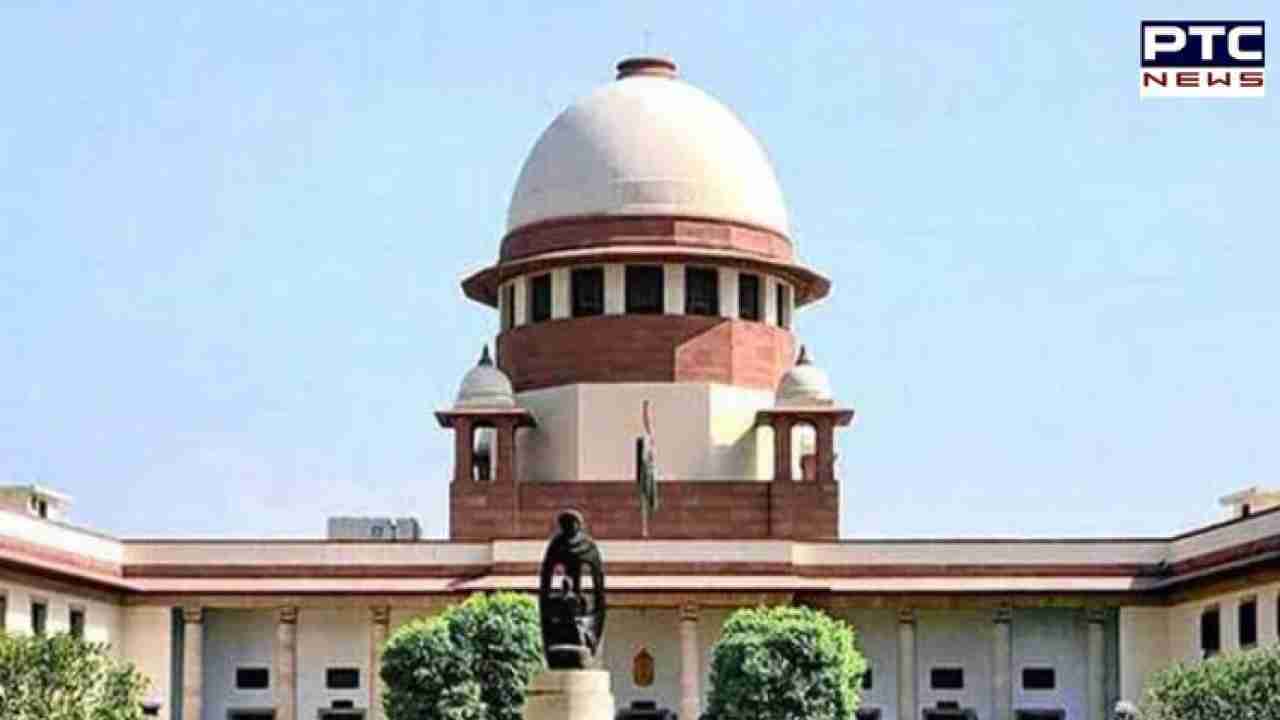

Supreme Court upholds electoral process, rejects 100% EVM verification
PTC Web Desk: The Supreme Court on Friday rendered a significant judgment regarding the verification of votes cast on Electronic Voting Machines (EVMs) with paper slips generated through the Voter Verified Paper Audit Trail (VVPAT) method. The two-Judge Bench of Justices Sanjiv Khanna and Dipankar Datta delivered concurrent, but separate judgments, marking a pivotal moment in the ongoing discourse surrounding electoral transparency and integrity.
Justice Dipankar Datta, in his judgment, highlighted the critical importance of maintaining a balanced perspective when evaluating the electoral process. He cautioned against blindly doubting the system, stating that unfounded skepticism could erode trust and breed discord. Justice Dipankar Datta articulated that meaningful criticism, grounded in evidence, is essential for fostering harmony and confidence in democratic institutions.

Justice Datta highlighted the court's approach guided by evidence in this matter, signaling a commitment to fact-based decision-making.
Despite rejecting the plea for 100% verification of votes, the Supreme Court issued two directives aimed at enhancing the transparency and accountability of the electoral process. Firstly, the court mandated the sealing and securing of the symbol loading unit (SLU) containers after symbols are loaded into EVMs. Candidates and their representatives are required to sign the seal, thereby providing an additional layer of oversight and accountability.
Secondly, the Supreme Court stipulated that a random sample of 5% of EVMs, comprising the Control Unit, Ballot Unit, and VVPAT per Assembly constituency per parliamentary constituency, shall undergo verification by a team of engineers from the manufacturers of the EVMs. This verification process will be triggered by a written request from concerned candidates within seven days of result declaration.
The Supreme Court's decision comes in response to a series of petitions urging for comprehensive verification of votes cast through EVMs and VVPATs. The petitioners contended that such verification was essential to safeguard the sanctity of the electoral process and uphold public trust in democracy. However, the court reiterated its stance as not being the controlling authority for elections and emphasized the need for substantial evidence to warrant intervention.

The Supreme Court also addressed concerns raised by Advocate Prashant Bhushan, representing the petitioner Association for Democratic Reforms. The court highlighted the importance of maintaining an open mind and refraining from predisposed viewpoints, emphasising its commitment to impartial adjudication.
The court further dismissed comparisons drawn with European countries that have reverted to ballot voting systems, citing the unique challenges faced by India's electoral landscape. The Election Commission reiterated the robustness of the existing electoral system, emphasising its foolproof nature.
Supreme Court ruling on EVM verification, EVM VVPAT, EVM VVPAT
- With inputs from agencies
